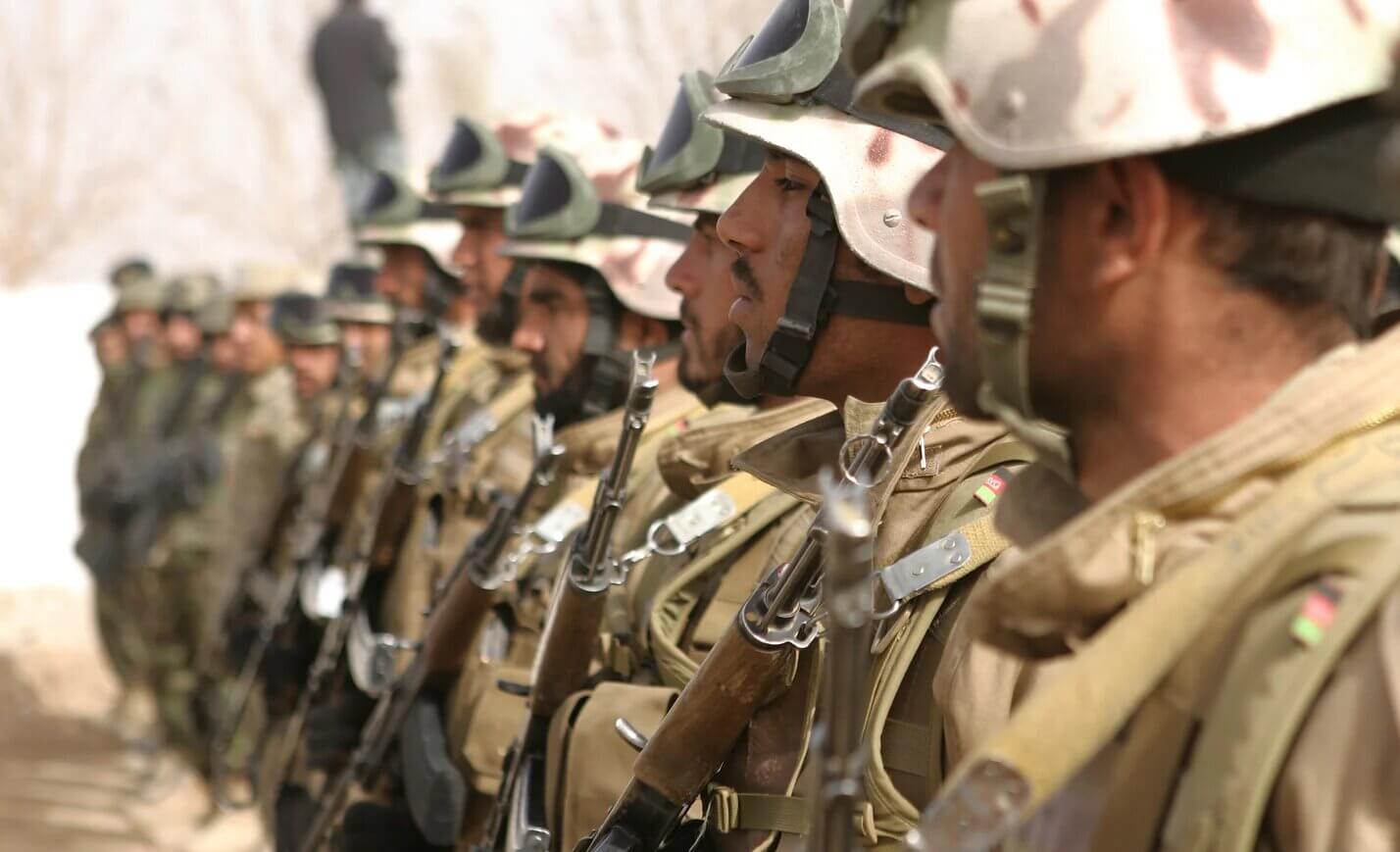According to a UN report published on Tuesday, more than 200 extrajudicial killings of former Afghan government officials and security personnel have taken place since the Taliban seized control of the nation two years ago.
The United Nations Assistance Mission in Afghanistan (UNAMA) claimed that the Taliban have mainly targeted former officials of the armed forces, police, and intelligence agencies.
Office of the #UnitedNations Assistance Mission in #Afghanistan #UNAMA in a report announced that it has recorded at least 218 cases of extra-judicial #killings of #officials and members of former security and defense forces by the #Taliban since 2021. pic.twitter.com/1TmY5RbmeO
— Reporterly (@Reporterlyaf) August 22, 2023
UN Report on Taliban Killings
According to a UN report based on data from 15 August 2021 to 30 June 2023, there were 218 extrajudicial killings, 14 enforced disappearances, over 144 cases of torture and other ill-treatment, and 424 arbitrary arrests and detentions committed by the country’s de facto authorities.
UN human rights chief Volker Türk stated that the targeting of former officials is a “betrayal of the people’s trust” despite the Taliban’s announcement of a “general amnesty” for former government officials in Afghanistan.
The former Afghan National Army was at greater risk of experiencing human rights violations between 15 August 2021 and 30 June 2023, followed by police (both Afghan National Police and Afghan Local Police), and National Directorate of Security officials, the report noted.
As per the report, human rights violations against former government officials and Afghan National Defence and Security Forces (ANDSF) personnel have been documented in all 34 provinces, with the Kabul, Kandahar, and Balkh provinces reporting the highest number of violations.
Further, a significant number of violations occurred in the four months following the Taliban’s takeover of Afghanistan (15 August 2021 - 31 December 2021), with UNAMA recording nearly half of all extrajudicial killings of former government officials and ANDSF personnel during this time.
Officials were often arrested by de facto security personnel before being killed. Taliban transferred some to detention facilities and killed them while in jail. The report also mentioned that others were brought to unknown areas and killed, and their remains were either abandoned or given to family members.
“In most instances, individuals were detained by de facto security forces, often briefly, before being killed,” the UN Assistance Mission in Afghanistan (UNAMA) said.https://t.co/dcZpsAlOKZ
— Dawn.com (@dawn_com) August 23, 2023
On Enforced Disappearances, Arbitrary Detentions
UNAMA has recorded at least 14 forced disappearances of former government officials and ANDSF members.
For instance, in October 2021, Alia Azizi, the former head of the Women’s Prison in Herat province, did not come home from work, and her whereabouts are still unknown as of August 2023.
According to the report, many detentions and arrests enforced by de facto authorities may be regarded as arbitrary due to a lack of clarity regarding the applicable legal framework, along with failures to inform individuals of the reasons for their arrest and the charges against them, as well as other procedural rights to which detainees are entitled.
Former ANDSF members were arrested or jailed in several incidents reported by UNAMA on suspicion of failing to surrender weapons linked to their involvement in the former conflict.
UNAMA has also documented instances in which former government officials and ANDSF members were arrested or jailed on suspicion of affiliation to the self-identified “National Resistance Front.”
On Torture and Ill-Treatment of Officials
Since August 2021, more than 144 cases of torture and ill-treatment of former government officials and ANDSF members by de facto security force personnel have been reported, including beatings with pipes and cables, verbal threats, and abuse.
Individuals told UNAMA that de facto officials tortured or ill-treated them to force them to confess about their activities with the previous government or ANDSF or to hand over weapons.
UNAMA has received multiple reports of threats against former government officials and ANDSF members, both by unknown individuals and members of the de facto authority.
"These incidents breach international human rights treaties to which the state of #Afghanistan is a party… and they betray the trust of those who were guaranteed protection," says UNAMA human rights chief Fiona Frazer.
— UNAMA News (@UNAMAnews) August 22, 2023
Press release👉https://t.co/HD87xmm3Nl pic.twitter.com/nXqEHtlBvp
Taliban’s Lack of Accountability
According to UNAMA, the de facto authorities’ attempts to investigate and hold criminals accountable for the crimes documented in the report have been “extremely limited.”
Investigations have been opened in several cases, but even then, according to UNAMA, “impunity prevails; progress lacks transparency and accountability.”
UNAMA stated that, till now, the de facto authorities have not publicly issued any formal document or instructions outlining the extent of the amnesty, which was only declared publicly by their leadership.
According to UNAMA Head Roza Otunbayeva, the de facto authorities must show a “genuine commitment” to the general amnesty, a critical step in securing the country’s “real prospects” for justice, reconciliation, and peace.

